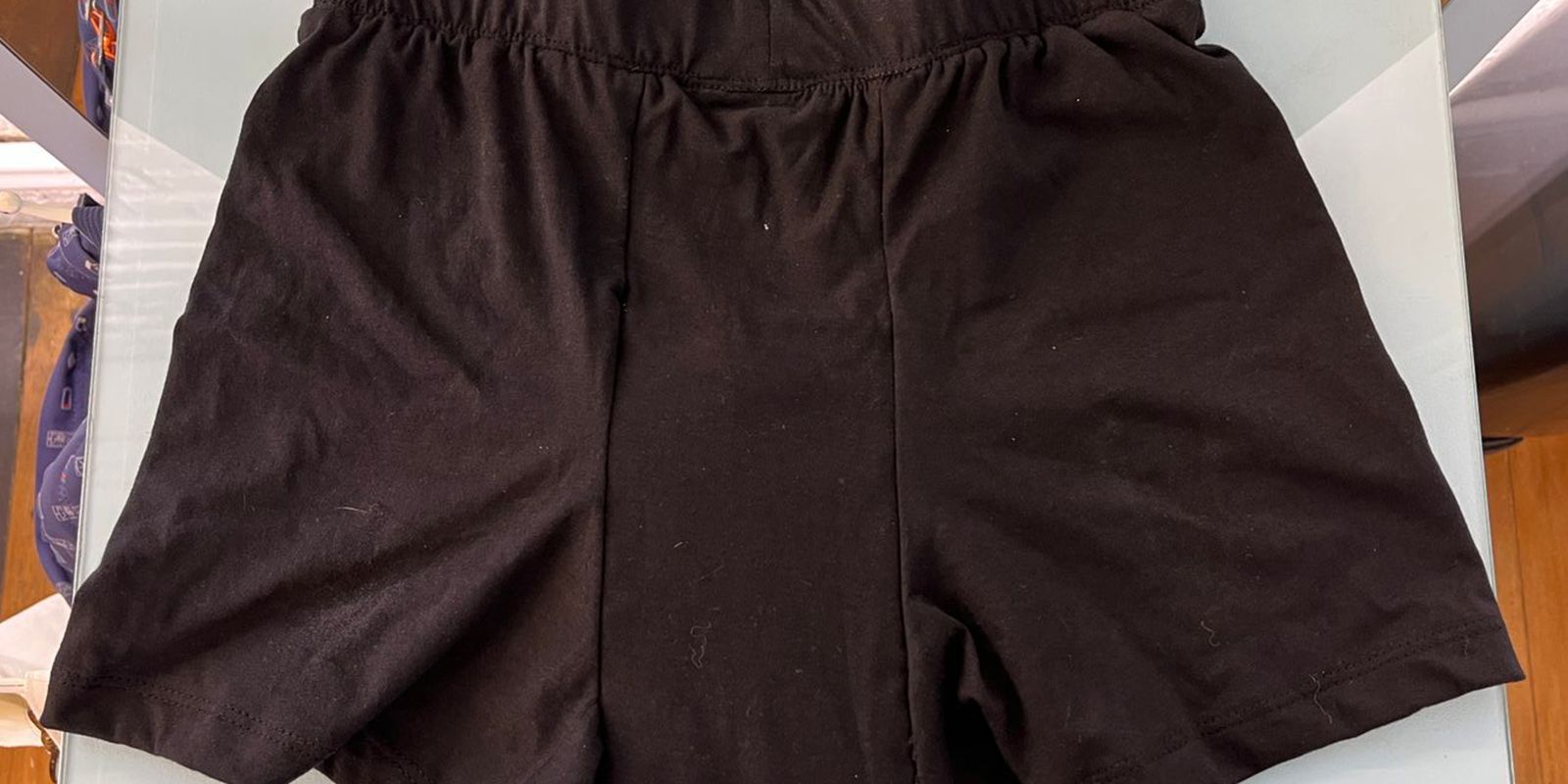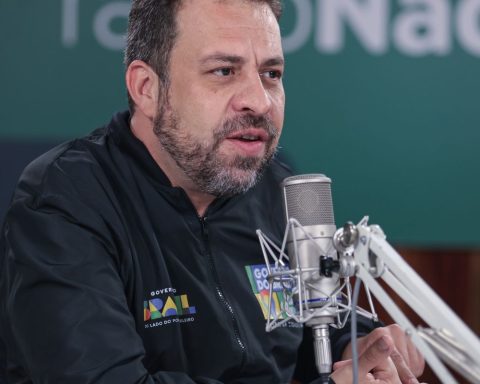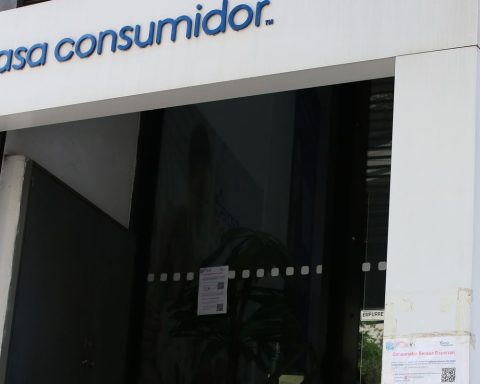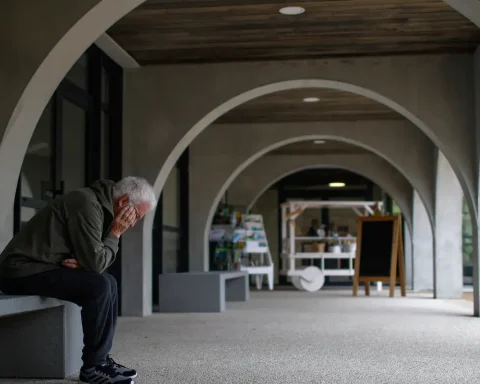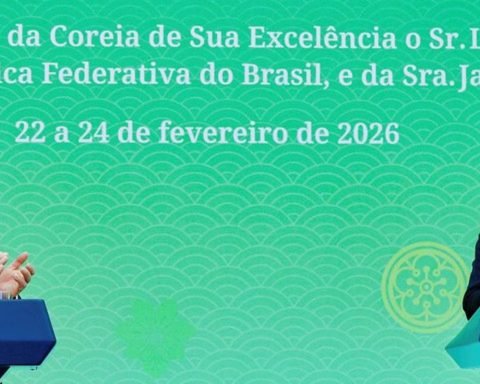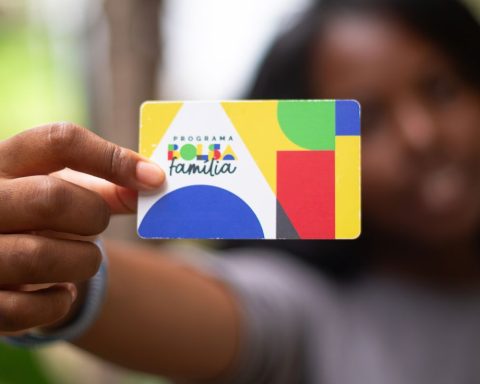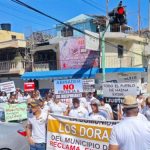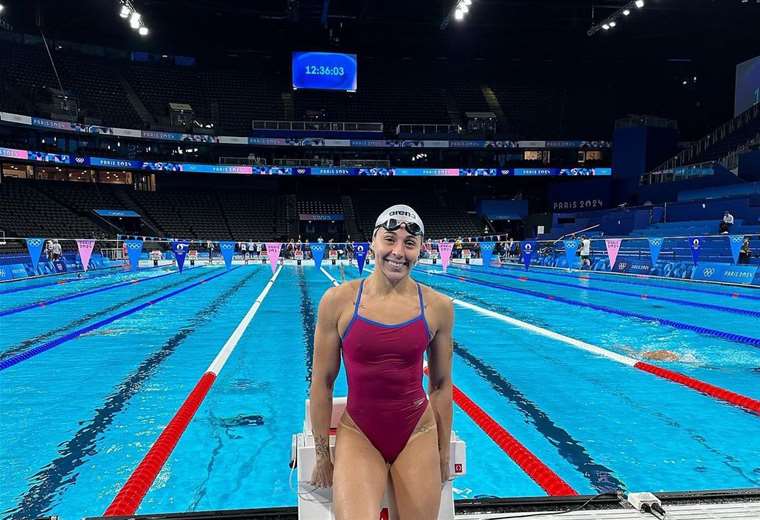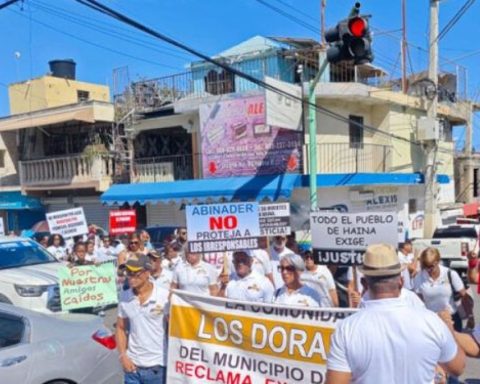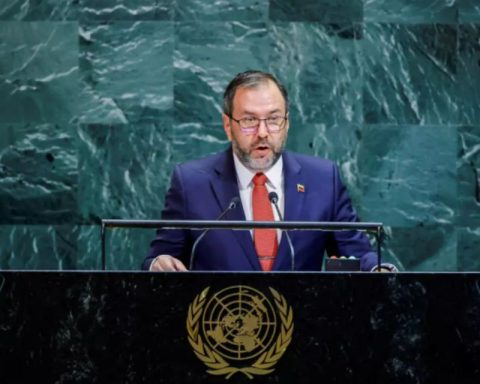Tackling menstrual poverty in an inclusive way and with sustainable materials is among the objectives of the Neutron project, in which university students from the Fluminense Federal University (UFF) work on developing absorbent shorts capable of serving both cisgender women and transgender people who menstruate.
Founded by a group of students, the initiative is a project of the Enactus Team at the Fluminense Federal University (UFF) in Volta Redonda, made up of students from the campus who develop projects in partnership with the international organization dedicated to social entrepreneurship.
A Brazil AgencyNeutron leader and UFF Law student, Ana Mattos, explains that “the proposal is to improve the health and well-being of trans people who menstruate, alleviating gender dysphoria (feeling of anguish in relation to one’s own body or the way one is interpreted socially) through accessibility to inclusive, comfortable products that provide a dignified and embarrassment-free cycle”.
Period poverty is a concept that refers to the lack of access to adequate hygiene products, information about menstrual health and decent conditions to manage this cycle in a healthy and safe way. For transgender people, the association of this process exclusively with female gender identity and the lack of neutral items aggravate this phenomenon among trans men, non-binary and intersex people who menstruate.
For Ana Mattos, the problem is a “neglected reality in Brazil, affecting people who go through this natural bodily process every month”. According to the project leader, “the lack of access to basic hygiene during these periods can have devastating consequences for physical, emotional and social health, since the lack of dignity in this process and the lack of public support result in the marginalization of those who face this situation”.
“It is important to recognize that menstrual poverty does not only affect cisgender women, but anyone who menstruates, and is an even more serious reality for trans people in situations of socioeconomic vulnerability,” notes the participant of the Enactus UFF Volta Redonda Team.
“The suffering caused by associating menstruation with femininity can lead to intense gender dysphoria. In addition, the high cost of hormone therapy and the difficulty in accessing information worsen menstrual poverty for trans people. In Brazil, the country that kills the most trans people in the world, this is an urgent problem.”
Inclusive and reusable pads
Environmental pollution due to the disposal of sanitary pads is another issue considered when developing absorbent shorts, made of hypoallergenic fabrics, with absorbent layers for light, moderate and heavy flows. “Our proposal is not only to promote inclusive and neutral menstruation, but also a sustainable menstrual cycle, avoiding the disposal of tons of plastic sanitary pads in the environment. The use of reusable menstrual products has also proven to be a more economical option, since the same absorbent shorts can be used for a long time”, she states.
According to data collected by the Akatu Institute, a single person can generate around 200 kilos of waste in disposable sanitary pads alone. Plastic, which takes an average of 450 years to decompose in the environment, accounts for a large part of this material.
“Our non-recyclable waste ends up in landfills or dumps. Menstrual pads are made of 90% plastic, and can take up to 500 years to degrade, if landfills and ideal conditions are considered,” explains Leonardo Costa de Paula, a law professor at UFF in Volta Redonda and a member of the Enactus UFF Team.
“A personal hygiene item that can be reused and is basically made of biodegradable fabric allows this impact to be turned into a direct benefit, without producing waste like we have today,” he continues.
A Brazil AgencyMattos says that the absorbent shorts are currently in the creation and testing phase. Two models have already been tested and the team is working on making the final piece, which can be sold and used for donations.
The creation process was carried out in partnership with an inclusive fashion researcher and modeling teacher at the National Service for Commercial Learning (SENAC), Ana Luiza Garritano, and fashion designer and stylist, Mayara Peixoto. The project seeks support from the Rio Sem LGBTfobia State Program in contacting the trans community and in preparing the pieces.
“In partnership with the Rio Sem LGBTfobia Program, we will donate a number of absorbent shorts to the transgender population supported by the Centro de Cidadania LGBTI+ Médio Paraíba, initially in four cities in the state of Rio de Janeiro. In the future, we plan to expand this impact to other cities and regions in Brazil. In addition, the project will soon have a virtual platform for selling the products, allowing anyone in the country to secure their piece.”
Professor Costa de Paula highlights the Menstrual Dignity Program, created by the Federal Government, which guarantees access to hygiene products for beneficiaries registered in the Single Registry for Social Programs (CadÚnico) and emphasizes that the State can create exemptions and incentives for innovative, reusable and biodegradable products for menstruation.
“Investing in ideas that can encompass different body types and different types of gender identity will allow everyone to feel embraced and live better with their uniqueness. With this, we will not only be concerned about the environment but will also allow people who menstruate to feel included regardless of their gender identity.”
*Intern under the supervision of Vinícius Lisboa
